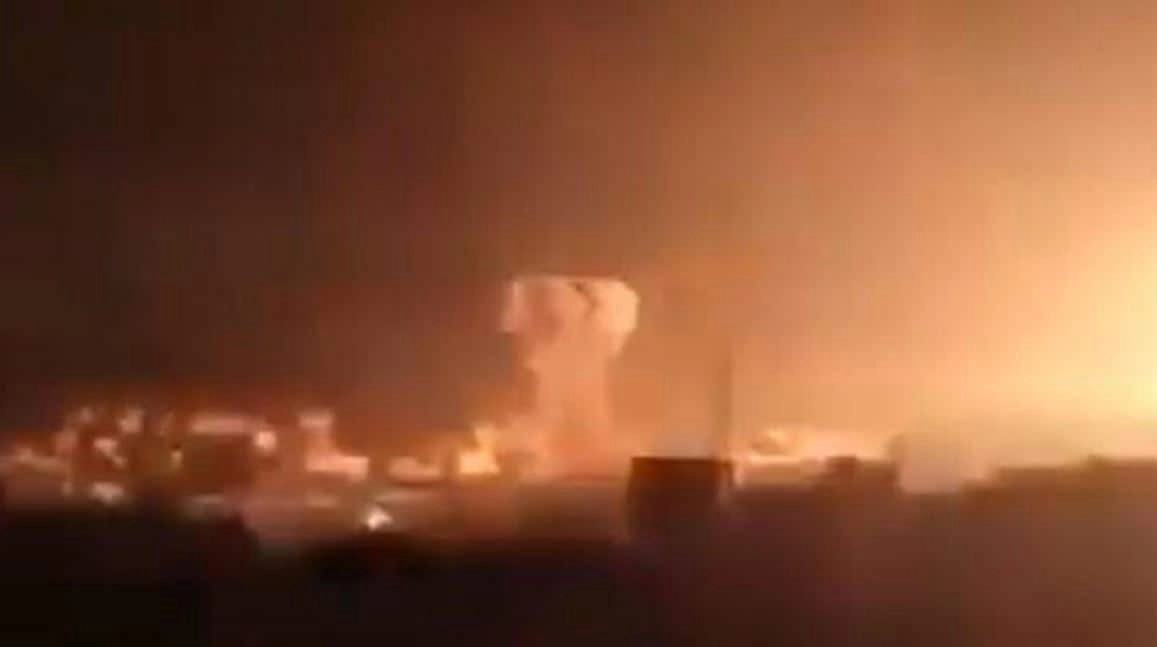In a recent escalation of tensions in the Middle East, Lebanon has issued a stark warning of the potential for a “new war” following Israel’s retaliatory actions. The situation has become increasingly volatile, as conflicts between Israel and Lebanon’s Hezbollah militia have flared up in response to a series of cross-border incidents. These developments have raised alarm bells not only within the region but also among international observers who fear the repercussions of a broader conflict. The Lebanese government and military officials have expressed grave concerns about the potential for increased hostilities, highlighting the fragile security landscape that has persisted since the last major conflict in 2006.
The backdrop of this warning is rooted in a long-standing history of animosity and conflict between Israel and Hezbollah, which has been further exacerbated by recent military confrontations. Israel’s retaliatory strikes were framed as necessary defensive measures against perceived threats, but they have also been criticized for potentially escalating the conflict. Lebanon’s leaders fear that continued aggressive actions could lead to a full-scale war, which would not only devastate the already struggling nation but also destabilize the wider region. The humanitarian implications of such a conflict are dire, as Lebanon continues to grapple with economic hardships and a refugee crisis stemming from previous conflicts.
Moreover, this precarious situation underscores the intricate web of alliances and enmities that characterize the Middle Eastern geopolitical landscape. The involvement of various regional and global powers complicates the dynamics further, as countries take sides and influence the course of events. As Lebanon calls for restraint and dialogue, the international community is urged to intervene to prevent a spiral into chaos. Diplomatic efforts are crucial at this juncture to de-escalate tensions and foster an environment conducive to peaceful negotiations. The path forward remains uncertain, but the stakes are undeniably high, with the potential for devastating consequences looming if a new war were to break out.




